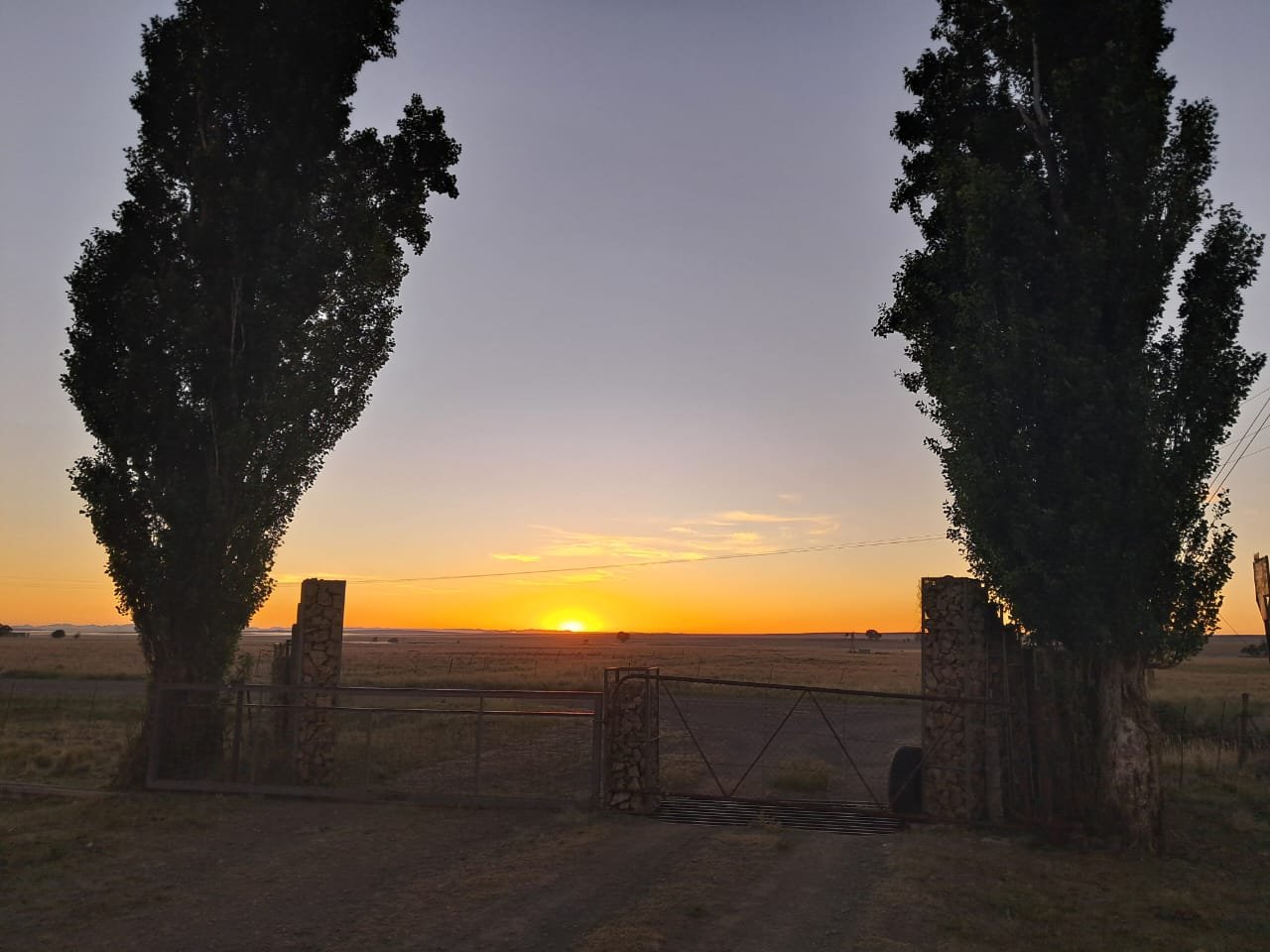A Journey Through Community Observations
picture credit: private
I do not have a clever academic to quote, nor is this based on years of formal research. My insights come from observations—hundreds of visits to the same community over an extended period. In the beginning, my visits were sporadic, months often passing between them. But gradually, I felt a pull—a need to return. Not to the place itself, but to the people, the environment, and the lessons waiting for me there.
I’ve always been an observer, fascinated by how others seem to have life figured out or at least find peace in what remains unresolved. I’ve never been able to do that. For years, I’ve felt adrift, not knowing what I’m doing or why. Corporate life wasn’t for me; I didn’t want to be confined to an office. And yet, like many, I craved belonging. Despite my professional failures—more than I care to admit—the one place I find solace, though I don’t truly belong, is this community. For 20 years, it has been my quiet anchor.
My journey began with biases shaped by my comfortable upbringing: a home with running water, toilets, and a garden. Initially, I judged how people in the community lived, believing they lacked what I thought was essential. This evolved into a saviour complex—trying to help others without realizing I was the one in need of saving. Now, looking back, I’m humbled by the arrogance that once drove me. The community, not my preconceived notions, became my greatest teacher.
For years, I’ve felt a fire burning deep within—a passion not for wealth or material gains, but for finding better ways of living, creating, and coexisting with nature. I’ve searched for systems, practices, and philosophies that might bring this vision to life. Often, I combined ideas from diverse sources, hoping they’d make sense. Without formal backing—no corporate, governmental, or organizational support—I’ve unknowingly built a professional understanding of communities. This road, though unconventional and fraught with failures, has been profoundly transformative.
It’s strange to think about success. The successes I’ve seen belong to the community, not to me. They happened because of the people, their resilience, and their collaboration. Meanwhile, I’ve carried the weight of every failure—turning them over in my mind, searching for reasons and lessons. Over time, I’ve learned that failure often leaves communities feeling hopeless. It reinforces distrust in systems, practices, and even themselves. For years, I tried to shield the community from more failures, bearing them as my own. But true growth lies in embracing failure as a shared, human experience.
I’ve come to see communities as ecosystems—a delicate balance of what’s seen and unseen. This includes the environment, people, economic systems, belief systems, illnesses, and even bacteria. Everything is interconnected, moving in harmony or dissonance. Attempts to ‘fix’ unfavourable aspects often disrupt this balance, especially when solutions are based on external biases or what worked elsewhere. Like ecosystems, no two communities are the same. Their development depends on countless interconnected initiatives, not one-size-fits-all solutions.
Many African communities are measured against Western definitions of success and progress—using tools that often misrepresent their strengths and undervalue their systems. For instance, building low-cost housing may meet a basic need, but it can also reinforce poverty mindsets. Instead of seeing themselves as resourceful, residents may view their community as struggling. True development recognizes a community’s inherent value and fosters pride, not pity.
The lessons I’ve learned from this community over the past two decades are endless, and I’ve barely scratched the surface. If I’ve learned one thing, it’s that communities thrive not when imposed solutions are applied, but when they are empowered to nurture their unique ecosystems. It’s a delicate, perfectly imperfect process—but perhaps imperfection is where the beauty lies.
Yours,
Anneen
from What Matters
#HumanityInTheEconomy #ReadyToDare #DareEvolution #Regeneration #Economy #WhatMattersInitiave
